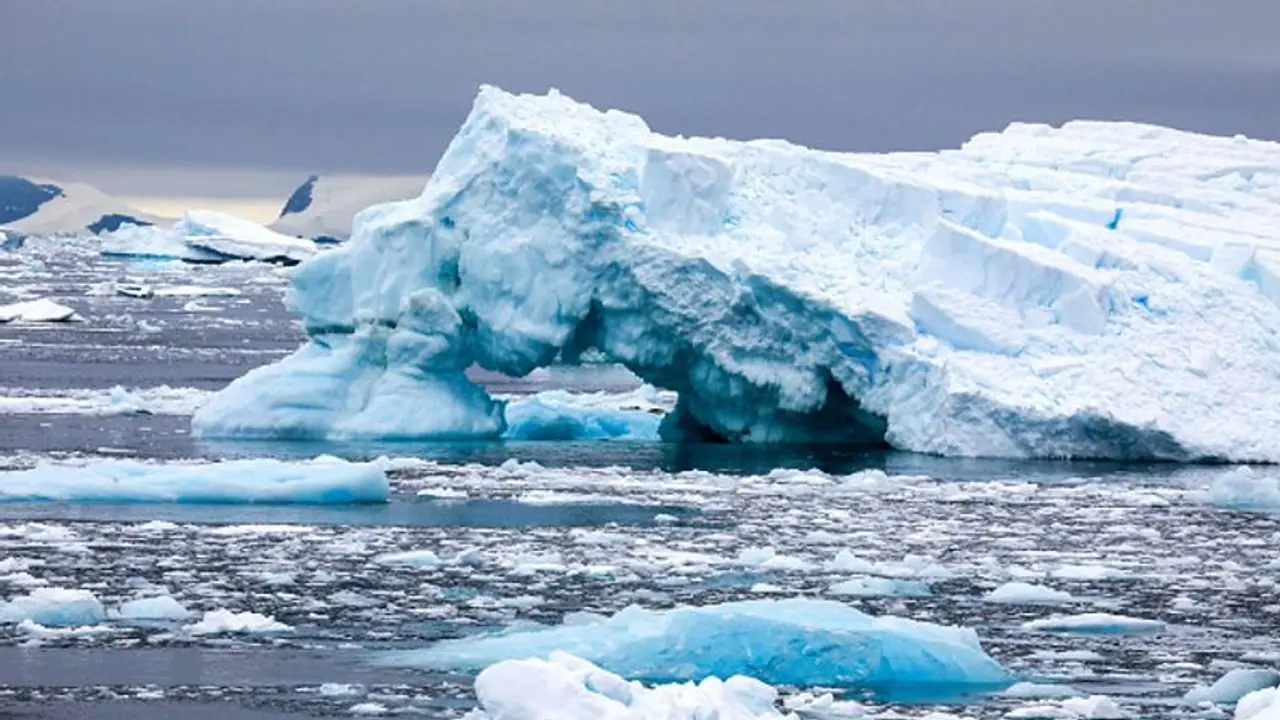The report further stated that if nations fail in their efforts, global average temperatures will keep rising, potentially passing 2 degrees, 3 degrees or even 4 degrees Celsius compared with the preindustrial era.
The United Nations' Intergovernmental Panel on Climate Change has released its sixth assessment report on Monday. The climate report warned that global warming is on track to hit 1.5 degrees Celsius around 2030, a decade earlier than projected three years ago.

It said rising sea levels and the melting of Earth's frozen spaces have now become 'irreversible for centuries'. It stated that the heatwaves, rainfall and droughts are 'unprecedented' as the climate body warned extreme weather would sweep the world. The report further warned about extreme weather events of larger magnitude, increased frequency, new locations, different timing ---two or more extreme events occurring together ---like heatwave and drought simultaneously. It stated that once-in-10-year and once-in-50-year events of extreme heat, heavy rain and droughts will become more frequent and intense.
The IPCC report further stated that if nations fail in their efforts, global average temperatures will keep rising, potentially passing 2 degrees, 3 degrees or even 4 degrees Celsius compared with the preindustrial era. Some of the changes already set in motion - such as continued sea-level rise - are irreversible over hundreds to thousands of years.
The rapid cuts in carbon dioxide and other greenhouse gases can limit climate change; even if the countries agree with the cuts, it could take up to 20-30 years to witness global temperatures stabilize.
Additionally, it stated that nearly 1 billion people worldwide could face more frequent heat waves, and hundreds of millions more would struggle for water because of severe droughts, with some animal and plant species becoming extent. The report warned that coral reefs, which sustain fisheries for large swaths of the globe, would suffer more frequent mass die-offs.
The United Nations chief Antonio Guterressaid the climate report is a 'death knell' for fossil fuels and called the IPCC report 'a code red for humanity'.
Valerie Masson-Delmonte, who co-led scientists in reviewing climate change, called the report 'a reality check'. She said that it is clear that the Earth's climate is changing, and the significant role of humans is undisputed.
